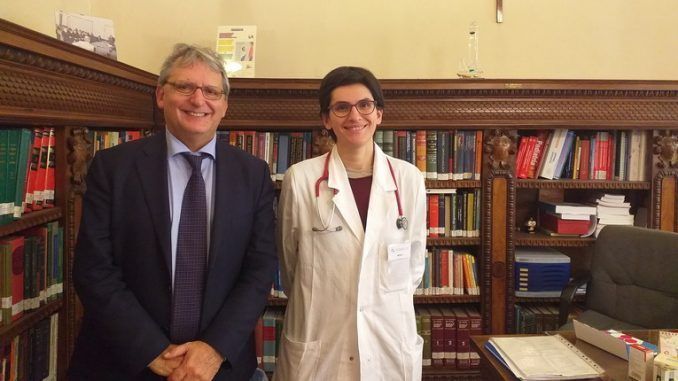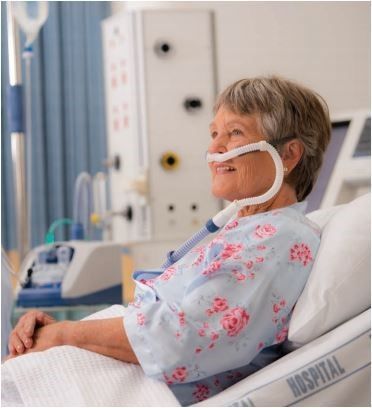Vanvitelli Polyclinic Burosumab the innovative drug to treat the rare disease
Vanvitelli Polyclinic, Burosumab, the innovative drug to treat the rare disease
Treated already two cases With extraordinary results: the cure has also made it possible to issue a certificate of suitability for sport. It is the first time in Campania.
The Pediatric Clinic of the “Luigi Vanvitelli” University Hospital, directed by Professor Emanuele Miraglia del Giudice, has been authorized by Aifa (Italian Medicines Agency) to administer Burosumab, the drug that treats children suffering from hypophosphatemic rickets linked to ‘X (XLH). Dr. Anna Grandone, researcher-pediatrician – endocrinologist, she is personally following two small patients affected by the rare disease that causes severe bone deformities, especially of the lower limbs, with pain and growth defects. XLH is a highly disabling pathology whose natural history has completely changed thanks to the use of Burosumab.
The goals achieved so far were announced during the conference
The goals achieved so far were announced during the conference, held last weekend, called: “Paediatrics in Naples, we work as a team for the quality of care”, in the presence of leading experts in the sector at a national level.
“We are treating two children suffering from hereditary rickets, all from Campania. The Director General of the AOU “Luigi Vanvitelli”, Antonio Giordano, makes his debut. Two other little patients, being treated in hospitals in the north, will soon be back in Campania at our clinic.
We are an authorized prescriber center for the diagnosis and treatment of the various forms of hypophosphatemic rickets. The drug is expensive but we were able to get it reimbursed. A dutiful mention goes to the important role played by our company pharmacy”.
Company path followed. Initiated last June, the drug Burosumab was administered to 4- and 10-year-old children every two weeks, subcutaneously. The results are appreciable and visible.
The 10-year-old girl obtained the medical certificate of fitness to perform physical activity, a result that was unthinkable until a few months ago.
How the medicine works
It is a recombinant human monoclonal antibody that acts by intervening on the renal loss of phosphate. It is indicated in patients with XLH and active rickets from 1 to 12 years of age. It should be administered subcutaneously every two weeks until the end of the developmental phase.
The drug allows the growth of the child, improves bone deformities and decisively relieves the pains of the disease. It is in fact superior to conventional therapy and leads, if administered early, to complete recovery.
What happened in 8 months. Improved quality of life. Mean alkaline phosphatase levels improved.
Less pain, biometric parameters normal. The girls are walking more smoothly and the bone deformities are visibly improving.


